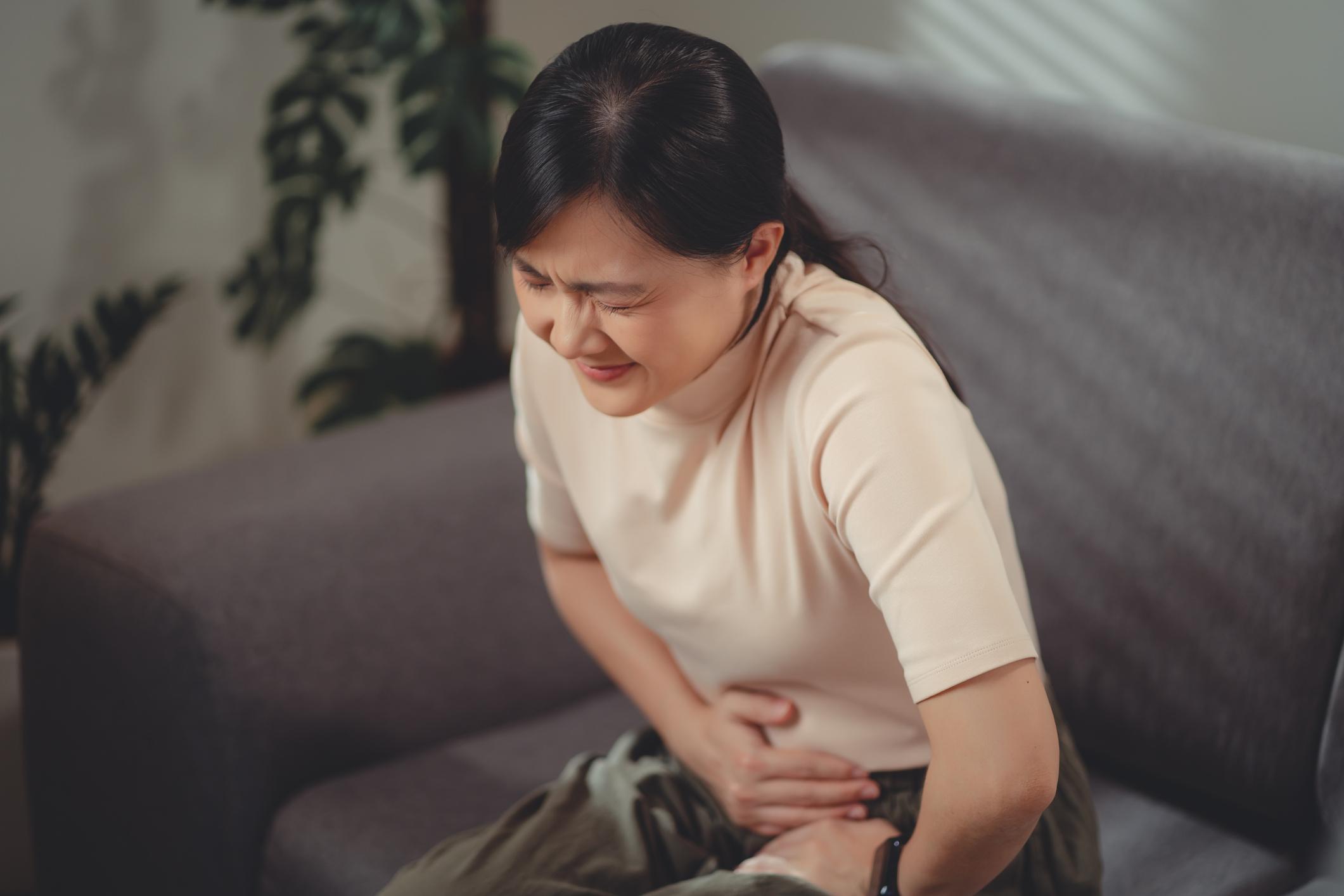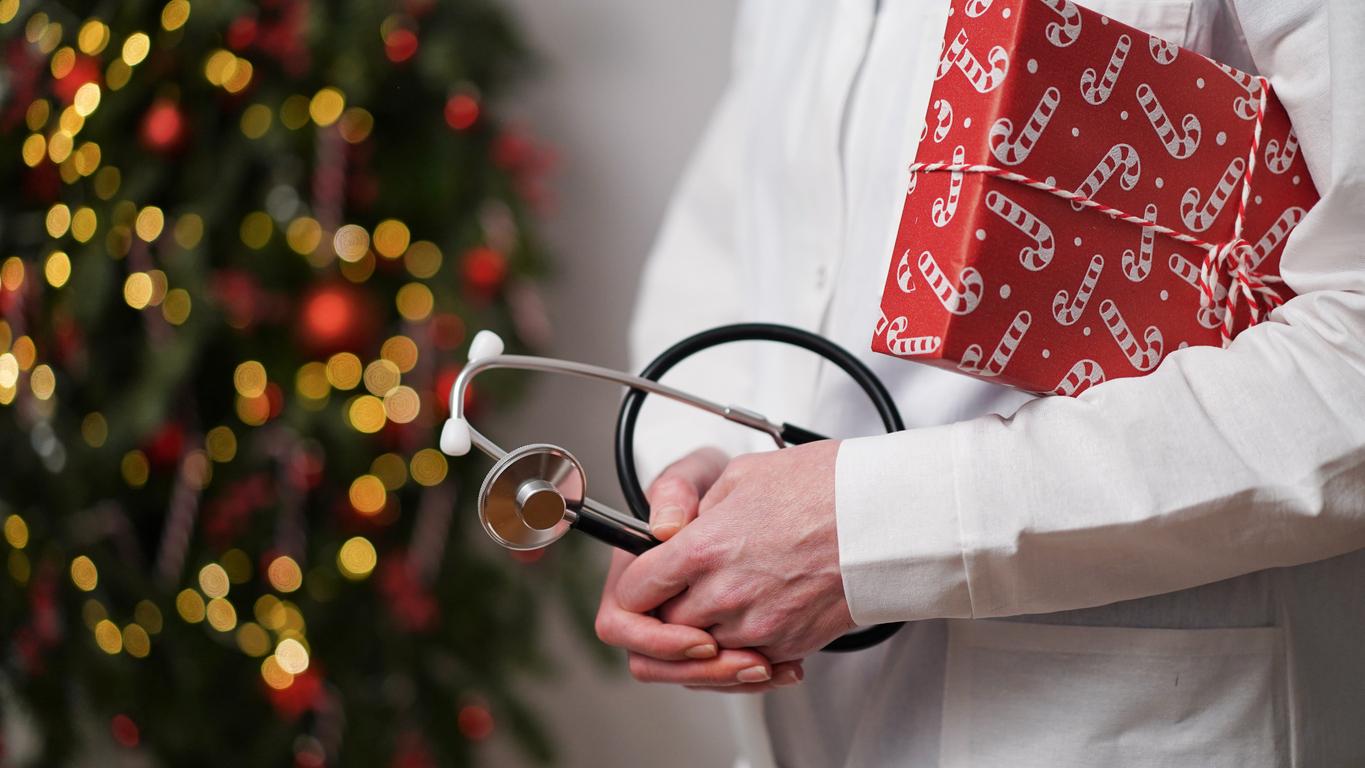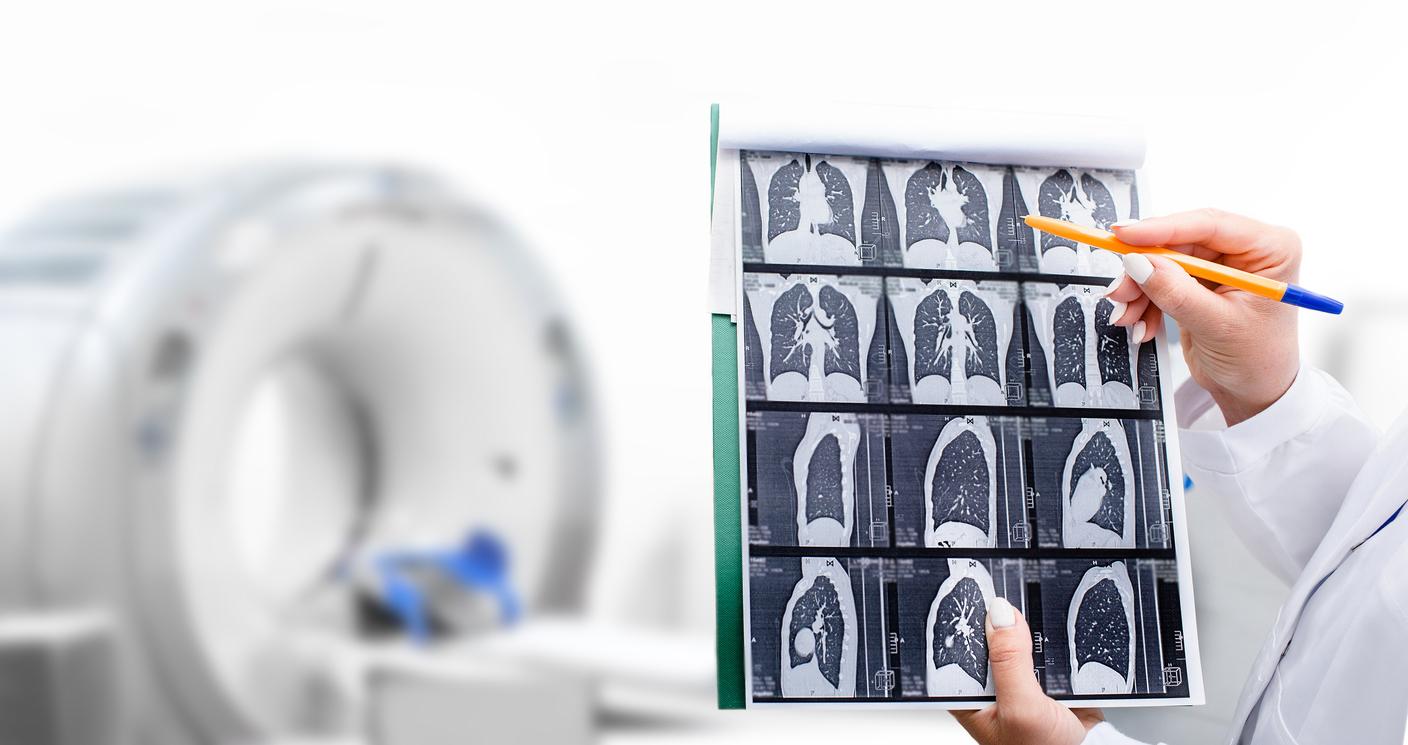Cases of gastroenteritis are on the rise. What are the recommendations to limit the spread of this pathology?

- In its latest epidemiological bulletin, Public Health France recorded an increase in cases of acute diarrhea due to gastroenteritis.
- Rotaviruses or adenoviruses are the main pathogens causing viral gastroenteritis.
- Several means can reduce the risks of transmission of gastroenteritis, particularly in vulnerable populations.
Every year, nearly 21 million episodes of acute gastroenteritis occur in France, according to Public Health France. Diarrhea, vomiting associated or not with nausea, as well as abdominal pain are the main symptoms of gastroenteritis.
An increase in cases of gastroenteritis
In its latest epidemiological bulletin published on January 2, Public Health France described an increase in acute diarrhea linked to gastroenteritis. The incidence rate of cases of acute diarrhea seen in general medicine consultations was 139 cases per 100,000 inhabitants. “This rate is a clear increase compared to the previous week, but corresponds to a level of activity similar to those usually observed during this period”we can read in the press release.
Viral gastroenteritis is the most common form of the disease. The virus involved is usually a rotavirus or adenovirus. Transmission occurs mainly through direct contact with a person who is already ill or with objects on which fine particles of stool from contaminated patients have been deposited. “Gastroenteritis is favored by community living and collective catering, which explains the occurrence of significant epidemics of gastroenteritis, especially viral”noted Health Insurance.

How to prevent the risk of gastroenteritis?
Several recommendations can be put in place to reduce the risk of catching gastroenteritis. First tip: wash your hands frequently with soap and water, or if there is no water point, with hydroalcoholic gel. The virus that causes gastroenteritis can be transmitted through contaminated hands. Cleaning is one of the best ways to reduce the transmission of disease.
Rotavirus and norovirus, two pathogens that cause gastroenteritis, can also be deposited on surfaces. Public Health France has SO recommended to clean “carefully and regularly surfaces at high risk of transmission (in pediatric departments, institutions welcoming the elderly)”. Dehydration is the main complication of acute diarrhea. It mainly affects the elderly and young children. To prevent it, early rehydration using oral rehydration solutions (ORS) is recommended.
In France, vaccination against rotavirus is recommended for all newborns. “Rotaviruses are responsible for approximately half of severe diarrhea in infants requiring hospitalization. The two available vaccines have shown their very high effectiveness in real life. Vaccination requires 2 or 3 doses depending on the vaccine. It must be started at 2 months and be completed in 6 or 8 months at the latest”explained Public Health France.

















